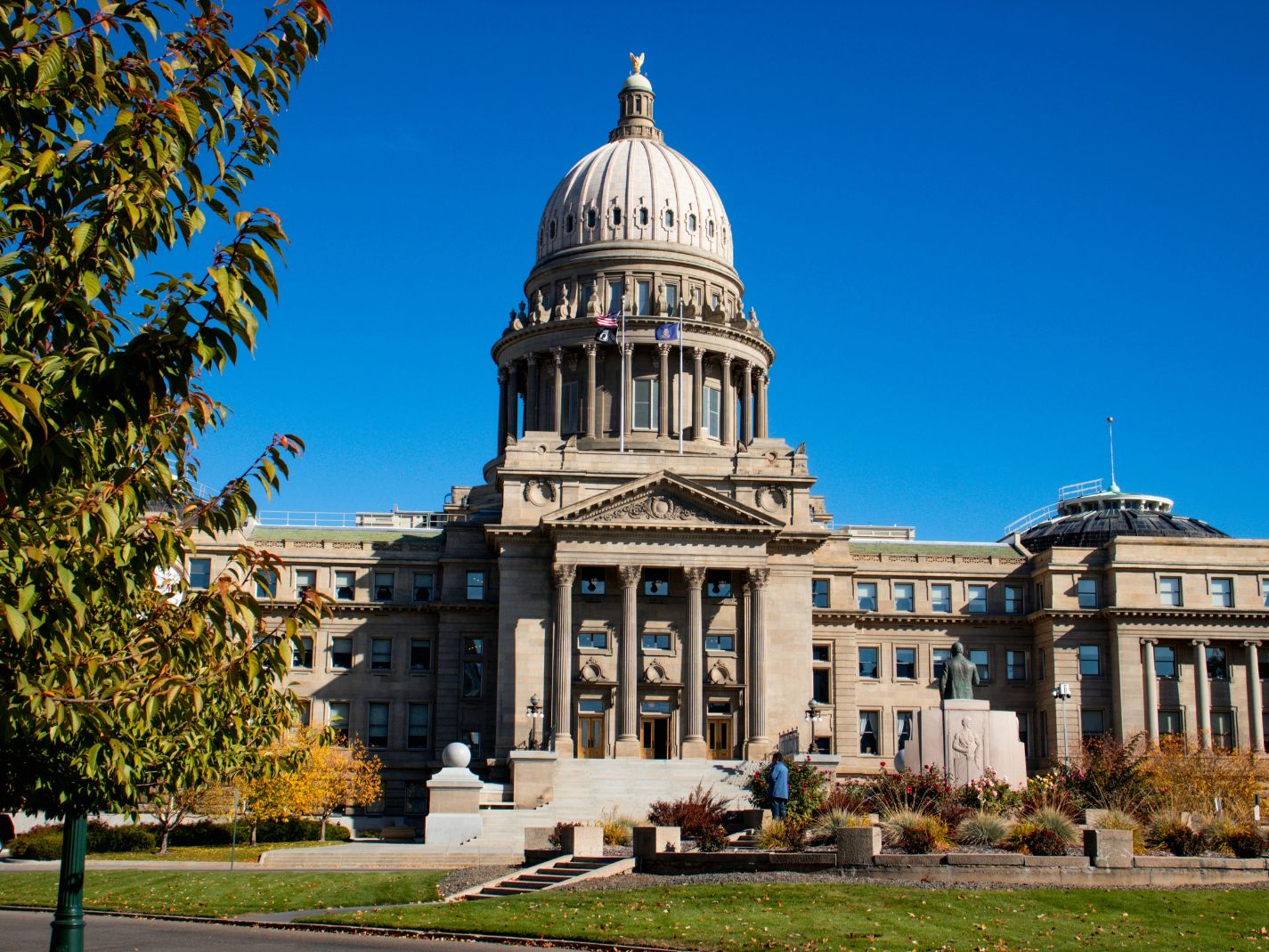Resolute is the Civics Alliance’s newsletter, informing you about the most urgent issues in civics education. Above all, Resolute will provide information about federal and state legislation that seeks to impose action civics, or to preserve traditional civics.
Biden Administration Links Civics and Critical Race Theory
On April 19 the Biden Education Department released “Proposed Priorities,” a set of rules that, if approved, would cement radically racist instruction into the nation’s schools.
The document sets priorities for grants in American Civics and History programs, and calls for public comment by May 19. Applicants for the grants must “take into account systemic marginalization, biases, inequities and discriminatory policy and practice in American history.”
The announcement quotes Biden’s Executive Order 13985, which claims to advance “racial equity” but which foments racial discord instead. According to Biden’s E.O. “Our country faces … crises” such as “the unbearable human costs of systemic racism.” This is a contrived problem that invites a contrived, government solution: “Our Nation deserves an ambitious whole-of-government equity agenda.”
American civics education is at the center of that agenda. Starting with the false premise of “systemic racism, the “Proposed Priorities” rationalize preferences in grant money for anti-Americanism. With alluring terms such as “information literacy,” and “culturally responsive,” the document promotes unserious, pernicious and debunked myths such as the New York Times 1619 Project. In 2019, the Times advanced the idea that America’s true founding principle was slavery. It built pseudo-pedagogies including “anti-racism,” Ibram X. Kendi’s attempt to explain that all variations in racial-group outcomes are caused by racism. The anti-racist solution to present and past discrimination is not equal rights, but more discrimination. As Kendi explains in How To Be An Anti-Racist:
The only remedy to past discrimination is present discrimination. The only remedy to present discrimination is future discrimination.
1619-ism and Kendi-ism deny that freedom is a genuine American ideal, and derogate the importance of individual merit and hard work. According to these twin ideologies, America is thoroughly a land of racial oppression and exploitation.
The National Association of Scholars and the Civics Alliance have submitted a joint public comment opposing this rule. We urge members of the Civics Alliance to submit their own public comments as well.
The new Proposed Rule ensures that the proposed Civics Secures Democracy Act will subsidize programs that forward a radical, identity politics version of action civics. Civics Alliance members’ public information efforts should take account of the effects of the Biden Administration’s Proposed Rule.
Model Civics Bills
NAS has drafted five model civics bills, intended for the states rather than the federal government, for the use of citizens and policymakers pursuing civics reforms. These five bills provide actionable legislative language for large parts of the Civics Alliance’s Curriculum Statement.
- The Partisanship Out of Civics Act, drafted by Stanley Kurtz, removes service learning, activism, advocacy, and Critical Race Theory from K-12 history, government, civics, and social studies classes.
- The Classroom Teaching Act prohibits state support for service-learning.
- The Civics Literacy Act requires high school students, as a condition of graduation, to pass the U.S. Civics Test given to immigrants who wish to be naturalized.
- The Civics Course Act establishes a K-12 civics course, specifying that each school district should craft its own curriculum.
- The American History Act establishes an American History and American Government general education requirement for state public universities.
Grassroots groups can now use these five model civics bills both to inform the public what substantive civics education reform should look like and to inform policymakers how precisely they might enact civics education reform.
Civics Alliance members should get in touch with David Randall (randall@nas.org) with suggestions for how to improve these model bills.
Continuing Priorities: Texas
Stanley Kurtz writes eloquently in “Civics Shutdown in Texas” about the fierce action civics battle in Texas.
Texas is target number one in the Left’s play to turn the red states blue with a radicalized version of “civics.” … Several civics bills have been introduced into the Texas Legislature and they run the gamut from 1) a bill that would impose leftist political indoctrination patterned on the Illinois and Massachusetts models on Texas; 2) stealth bills that would do the same over time; 3) a bill that would do no immediate harm but would offer no protections against the encroachments of action civics; 4) bills that would encourage civics, properly understood, while also protecting against the abuses represented by action civics and critical race theory.
Bills opposing action civics include:
H. B. No. 3979 and H. B. No. 4093: These identical bills are based on the model “Partisanship Out of Civics Act,” published on the National Association of Scholars’ website. These bills include the same promotion of traditional civics contained in S. B. 2026, as well as an explicit ban on action civics. These bills also contain an element that isn’t in the Partisanship Out of Civics Act—a ban of the intellectual components of Critical Race Theory from public school curricula. NAS believes our public schools and our republic will benefit from such a ban, although we are agnostic as to the tactical question of whether such a reform should be combined with a ban of action civics or introduced as a stand-alone bill.
H. B. Nos. 3979 and 4093 offer the strongest legislative promotion of traditional civics and bar to action civics.
Public Information Highlight: Thomas Lindsay
Civics Alliance member Thomas Lindsay, Distinguished Senior Fellow of Higher Education and Constitutional Studies, Texas Public Policy Foundation, gave very able testimony to the Texas House of Representatives about action civics, traditional civics, and American history. We recommend this video to Civics Alliance members considering how to give public testimony in favor of traditional civics.
Public Action
We encourage Civics Alliance members to inform the public and policymakers about the stakes and consequences of action civics bills, particularly those in your home states.
David Randall is Director of Research at the National Association of Scholars and Project Director of the Civics Alliance.
Image: US Department of Education, Wikimedia Commons, Public Domain



